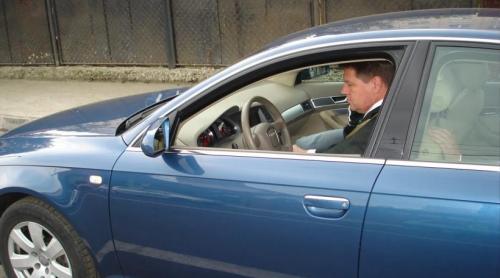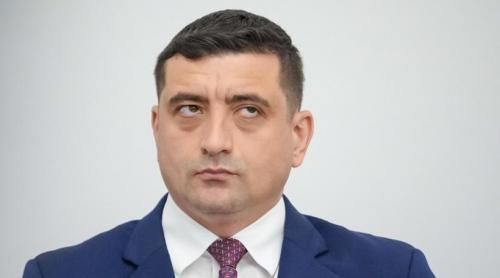
More than a month ago, I met the students of the University in Iasi, after I received the invitation from Mihai Ionut Ganju, the President of the Alliance of the Romanian Students. For three hours, I have answered the questions coming from the people present, but I have also discussed with the studious young Romanians, which werenât intimidated at all by the fact that I had been introduced as a TV star.
The number one subject, and probably the only one of the discussion: the status of the press.
During the past 16 years, I had numerous occasions to talk to the audience about the free and independent press.
I have never - I emphasize this - met with such a bad opinion about the press.
Since they took me as a representative of the guild, the students in Iasi started shooting questions and reproaches at me. They can be divided into two categories:
a) the low level knowledge of the TV editors, reporters, and broadcasters.
b) the journalists that write as they are ordered to.
For me, this came as a confirmation of an older supposition.
Our process is going through a dangerous process the consequence of which is the disappearance of the credibility.
The same thing happened with the approach of the spectacular results of the Public Opinion Barometer, made in May 2006 by the Foundation for an Open Society, which regarded the image of the media among the people.
Te newspapers and the TV stations did all they could to bring the press on the third place in the credibility chart. There were other results of the barometer that have been put away. They were disquieting.
Therefore, 73% of the interviewees believe serves the politiciansâ interests and other 67% believe it serves the businesspersonsâ interests. It gets worse when we see the percentage of the people that think this is much higher in the cities and, especially, in the case of the educated part of the public. These results should be a serious warning signal for all the people involved in the pres, including the media bosses.
The third place in the credibility hierarchy is a form of self-deceit. Like the Church and the Army, the occupants of the first two places, the press comes third in this credibility hierarchy only as an effect of a certain routine.
In the same time, the mentioning of the important percentage convinced of the professionalism of the press is also a form of self-deceiving.
By being considered a pro, one mustnât be suspected of taking part in any group of interests.
On the contrary, believing in the professionalism of the press is based on the close connection with believing in bamboozling the public opinion.
The journalists are seen as good professionals in pick pocketing.
The collapse of our press, as far as the credibility is concerned, should be debated more, with a lot more lucidity than at present.
The fact that the press refuses this debate shouldnât surprise us. The ones that manipulate it, as well as the ones that agree with the manipulation, are not interested in a moment of lucidity. If they admitted the press was losing its credibility, all the ones that put hundreds of millions of euros in the press to use the media groups for their own interests would hit themselves.
However, the ones that moil on the media fields should be preoccupied by the disquieting signal given by the reality of the credibility.
















